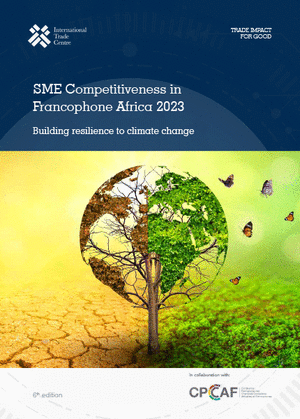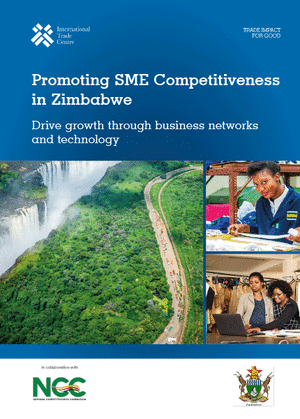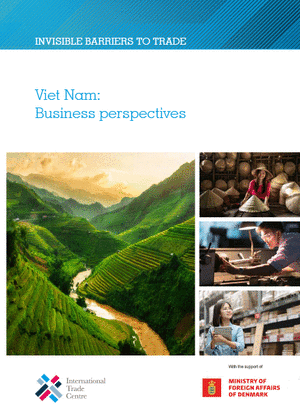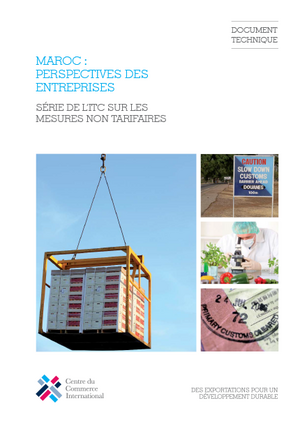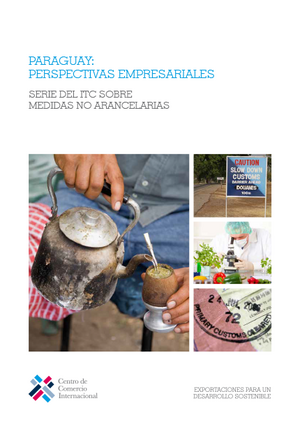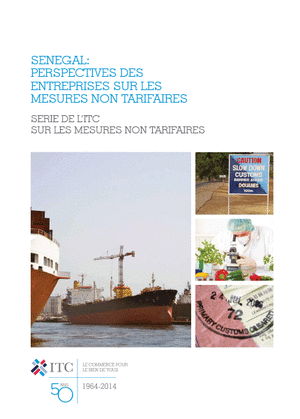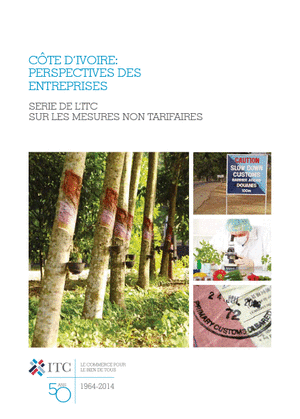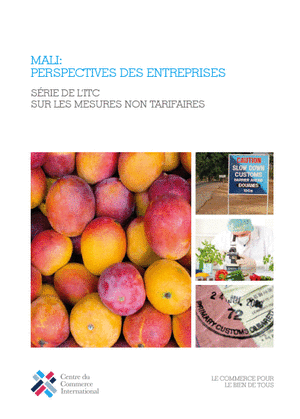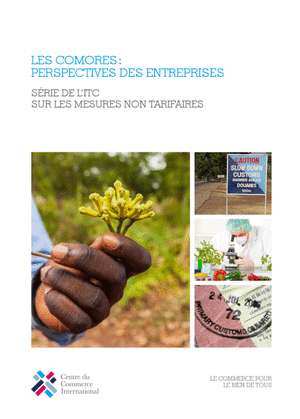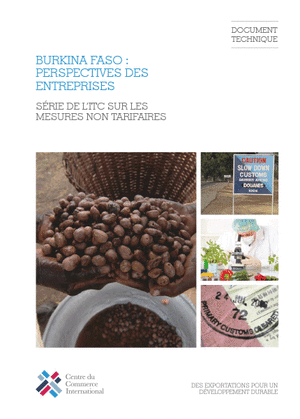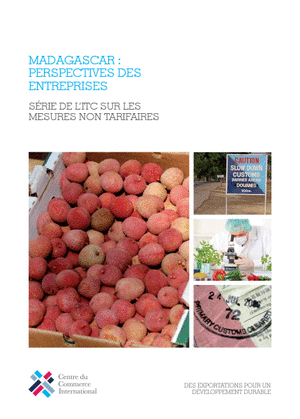
Small firms in francophone Africa struggle to cope with climate change
This major business survey shows that 68% of small firms in French-speaking Africa see climate change as a major threat, but just 38% are implementing adaptation measures.
Small companies in Africa are very vulnerable to climate change, but they lack the awareness, technical know-how and/or financial means to adopt adaptation and mitigation measures. Ensuring that these firms learn about environmental risks and helping them improve their financial position and access suitable technologies will boost their resilience and improve their long-term competitiveness.
That is one of the key messages from a survey of 5,625 businesses in French-speaking Africa by the International Trade Centre and the Permanent Conference of African and Francophone Consular Chambers. The survey findings are presented in SME Competitiveness in Francophone Africa 2023: Building resilience to climate change
The survey, conducted in April–July 2023, found that 68% of companies – especially primary sector firms such as mining and agricultural enterprises – see shifts in temperatures and weather patterns as a threat to their operations. Yet only 38% have adaptation strategies to reduce their vulnerability to environmental risks, mainly because smaller firms have limited financial resources. Manufacturing and services companies were more concerned about climate-related input shortages than changing temperatures.
‘Firms in a favourable economic situation were more likely to adopt sustainability measures,’ the report says. ‘Financially constrained businesses (mostly small, youth-led and women-led) also tended to take more low-cost, low-skill measures – such as using fewer chemicals and investing in sustainable/recyclable packaging – than their counterparts, which tend to make more substantive investments, such as renewable energy adoption.’
Still, small and medium-sized enterprises are more than twice as unlikely to invest in climate change adaptation than large businesses, even when their financial situation is solid, the report found.
Green investments create opportunities
Africa emits just 4% of global greenhouse gases – which could explain why climate change mitigation is limited among francophone African firms. But about 90% of interviewees that invested in greening their businesses said it had opened up promising opportunities for them. Those investing in renewable energy enjoyed greater access to new markets, while firms adopting more water-efficient technologies improved the quality of their products.
‘To ensure that firms capitalize on these benefits, support is needed in the form of climate strategy-building as well as technical assistance to implement these strategies,’ says the report, which targets policymakers, international organizations and donors.
The type of investment needed varies depending on the specific issues being faced. Businesses in countries that are more exposed to climate-related infrastructure risks tend to target infrastructure reinforcement, such as investing in power generation systems and transport alternatives, the report found. In countries where climate change has a strong impact on water scarcity, firms tend to invest in irrigation systems.
Some green initiatives require substantial financial resources that may need to be supplemented by external financing, according to the report. Climate finance, along with technical expertise and understanding the environmental risks, will support mitigation and adaptation.





